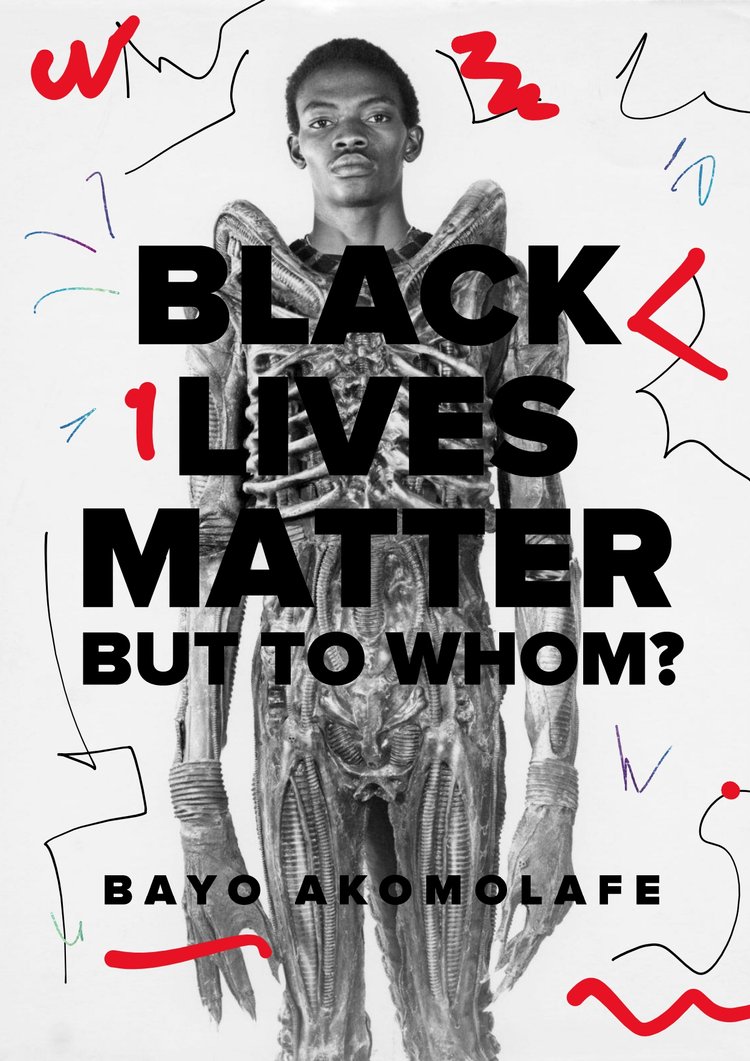Today, we're thrilled to share an extraordinary new work from our Global Senior Fellow Bayo Akomolafe. In many ways, Bayo's piece defies any simple description or summary, but at its most basic, this two-part essay seeks to explore the limits of the Black Lives Matter frame in advancing justice and the possibility for reimagining identities altogether. Bayo does so by asking a number of questions, all of which have no simple answers: Are there limitations to representation, risks to becoming recognized, and troubling impasses with the project of speaking truth to power? Is representation – being given access to spaces of power and enjoying systemic privileges that come along equity – mediated by forces beyond its grammar? In naming Black lives the way we do, what is surfaced and what is lost?
By asking these questions, Bayo grasps at an entirely new premise: not just if or how Black lives matter, but how does black matter live?

This essay is about exile, refusal, and wild experimentation as viable political projects we must entertain, especially in moments when the prospects of inclusion and justice, the promise of diversity, and the logistics of equity no longer appear to be in league with our hopes for radical transformation.
Editor's note: The ideas expressed in this blog post are not necessarily those of the Othering & Belonging Institute or UC Berkeley, but belong to the author.




